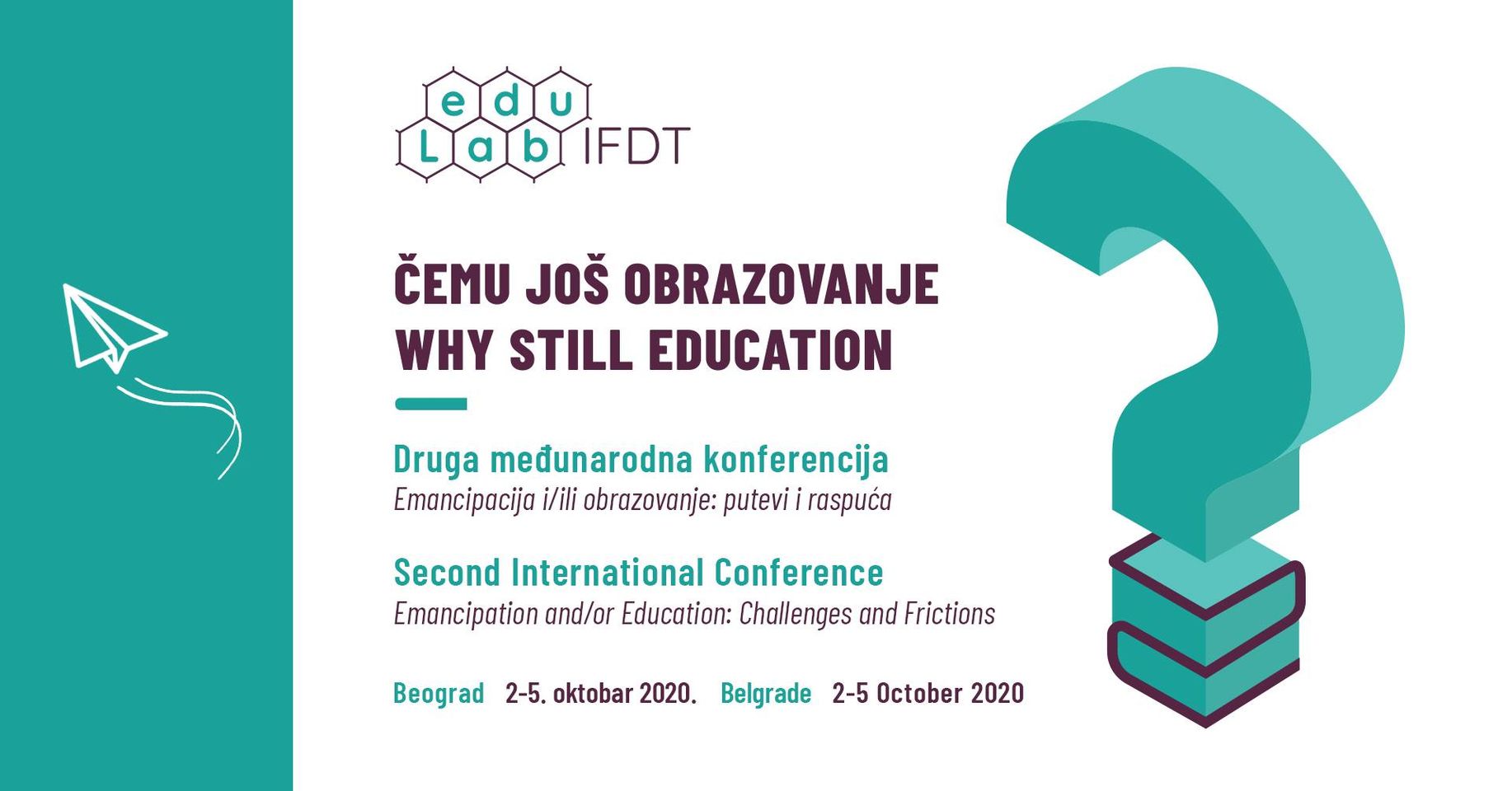Aesthetics, and Media: A World of Variation or Simulation or a Mediator in New Forms of Education?

Reviewing dialogue with various authors has shown that there can’t be just one
universal reflection that comprehends rising dynamism of new media. While Frankfurt’s School
was showing that behind the apparent nihilism of modern technical world stands a clear
mechanism of control and manipulation, and Freiburg’s was trying to find a source of modern
crisis in the roots of European civilization, Baudrillard declared the end of the traditional way of
thinking in contemporary media and showed their role in the process of endless simulation of
truth. Regardless, it has been shown that the contemporary world of media can be considered in
dialogue with philosophical tradition. In this consideration, the notion of variation (Manovich),
has a key role in replacing traditionally understood notion of mimesis. Artistic practice is
precisely the main exemplar that shows the influence of new media on identity construction
(simulated versions of personal identity), as well as the relationship between the artistic original
and the copy. Although new digital media allows maintenance of desired (identity) simulations,
it great potential is evident in enabling subjects to express their own individuality, as well in
searching for new ways to improve their quality of life.